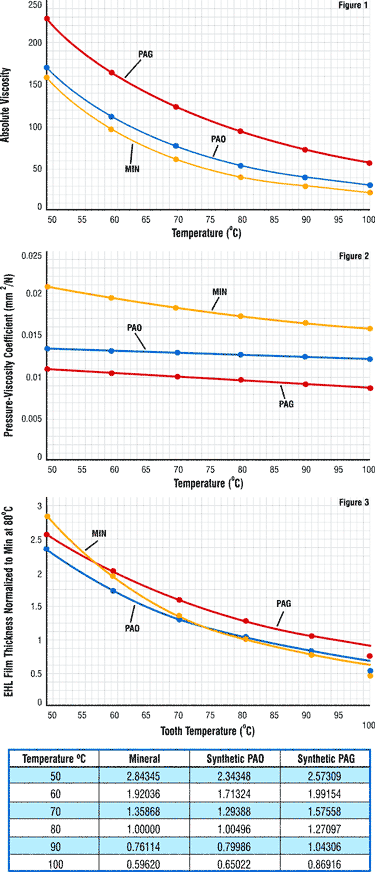LOL, found good post on mineral gear oils here:
http://www.bobistheoilguy.com/forums/ubbthreads.php?ubb=showflat&Number=1105621
Quote:
"IMHO the RedLine differential gear oil's are way too thin..... whether or not they say 90-140 or not. It doesnt have the 'film pressure strength' that is pretty manditory for a street driven chassis. My first experience with this was back in the late 80's during the "Corvette Challenge Series". RedLine was a sponsor and we tried their entire line to include their gear oils... but found we had to change the "Shock Proof" differential oil in it every race. Not to mention its running temperature was above acceptable limits. If you were to use it in a track car... Id say go for it. But yours isnt... so I wont.
The best lubericants I have found in the past 15+ years or so are:
Schaffer suspended moly, straight 90wt. (Passenger cars, front ends in 4x4, light duty, cold climate).
Schaffer ISO9000 suspended moly, straight 140wt (Passenger cars and trucks, street performance, rear in 4x4, heavy duty, all climate).
Schaffer ISO9000 suspended moly, straight 250wt (Trophy trucks,Top Fuel, Funny Car, Pro Stock and maximum effort high HP applications, trucks up to 5ton).
TORCO SGO/RGO 85-140wt (If you really thought a multi viscosity really means something in a diff. BTW, it doesnt).
LE 704-9920 75-140wt (same as above).
Amsoil SG 75-140 (same as above).
Royal Purple 85-140wt (same as above).
The parrifin based oils are the ticket."
Spelling aside, that actually sums my bad experience with Redline 70W90 too.

